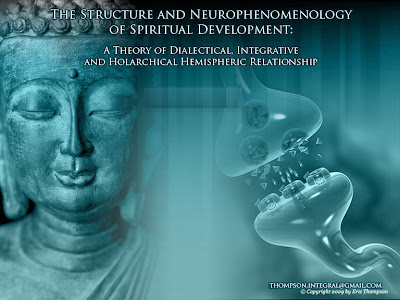 |
| The Abhidharma, the third part of the Dharma, deals with Buddhist psychology and physics. |
The Dharma is distinguished into three divisions: conventional discourses (sutras), monastic disciplinary guidelines (Vinaya) plus their origin stories, and higher (Abhi-) or ultimate Teachings (Dharma). The following is a tiny glimpse of the wealth of Buddhism's detailed treatises on psychology and physics.
CHAPTER IV: Analysis of Thought-Processes
Five Sense-Door Thought-Process - Introductory
1. Having completed the noble
compendium of consciousness and its concomitants (with respect to feelings and so on), I shall
briefly describe, in due order, the compendium of (thought) processes [during the] lifetime,
according to the planes and individuals, and as they are determined by what
(consciousness) precedes and by what follows (1).
Note 1: In the preceding chapter states of
consciousness and mental concomitants were treated according to feelings, roots, and so on. [Here] the author [Anuruddha] deals with thought processes as they arise through the mind and
the five other senses, in accordance with the different kinds of individuals and planes of
existence.
The Pali phrase pubbaparaniyamitam
needs explanation. The commentary explains, This citta [mind moment] arises after so
many cittas, and so many cittas follow this citta....
Patisandhi here refers to the initial
thought-process that occurs at the moment of conception in a new birth. Pavatti
refers to all thought-processes that occur during the course of one lifetime. The translation of these two verses appears
in the Compendium of Philosophy as follows:
"This further summary of geneses
Of thought now having made, I will go on
To speak concisely, summing up again
Processes of the mind, in birth and life,
By order due, the 'after,' the 'before,'
Distinguishing both person and life-plane" (p. 124).
Of thought now having made, I will go on
To speak concisely, summing up again
Processes of the mind, in birth and life,
By order due, the 'after,' the 'before,'
Distinguishing both person and life-plane" (p. 124).
Thought Processes in the Higher Teachings (Abhidharma)
Note 2: In the compendium of
thought-processes six kinds of six classes each should be understood -- namely,
ii. six doors,
iii. six objects,
iv. six-fold consciousness,
v. six processes (2), and
vi. sixfold presentation of objects (3)
The presentation of objects to the
process-freed consciousness is threefold -- namely,
(ii) Kamma sign, and
(iii) Destiny [future birth] sign.
The bases, doors, and objects therein are
as described before. The sixfold types of consciousness are
eye-, ear-, nose-, tongue-,
body-, and mind-consciousness. According to the doors the thought-processes
are... More


































































































































































































































No comments:
Post a Comment